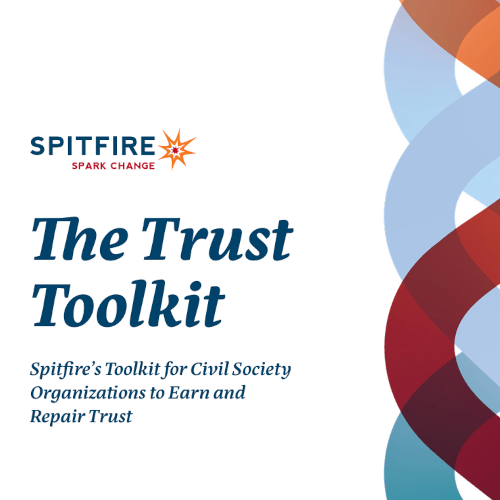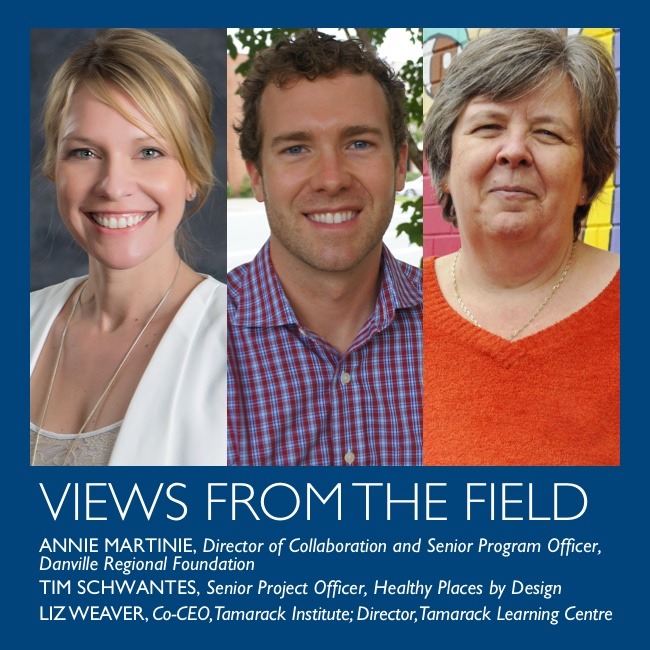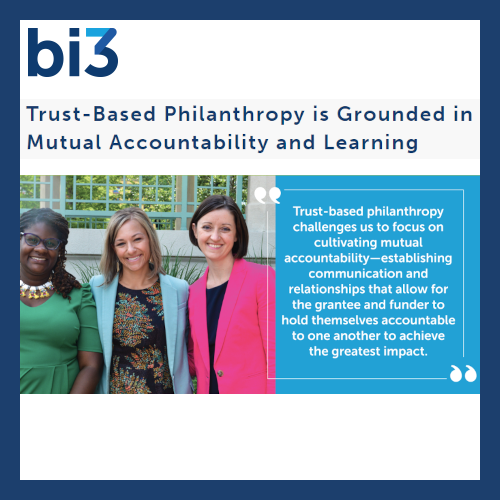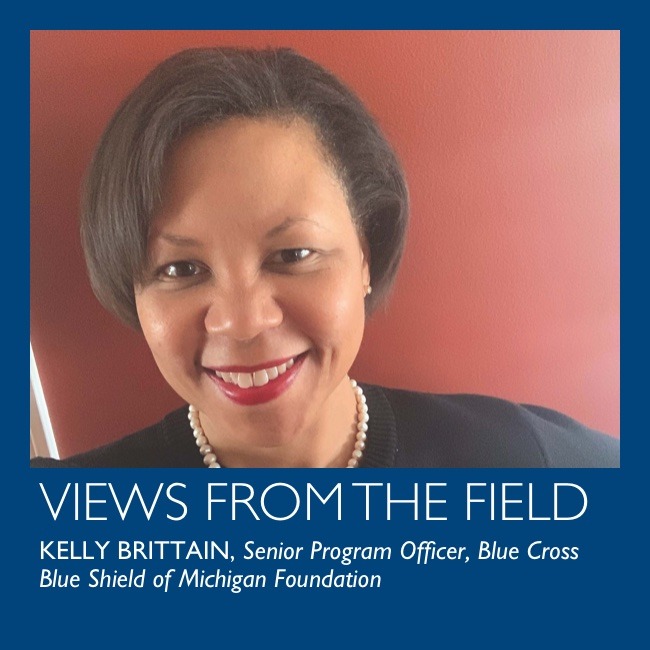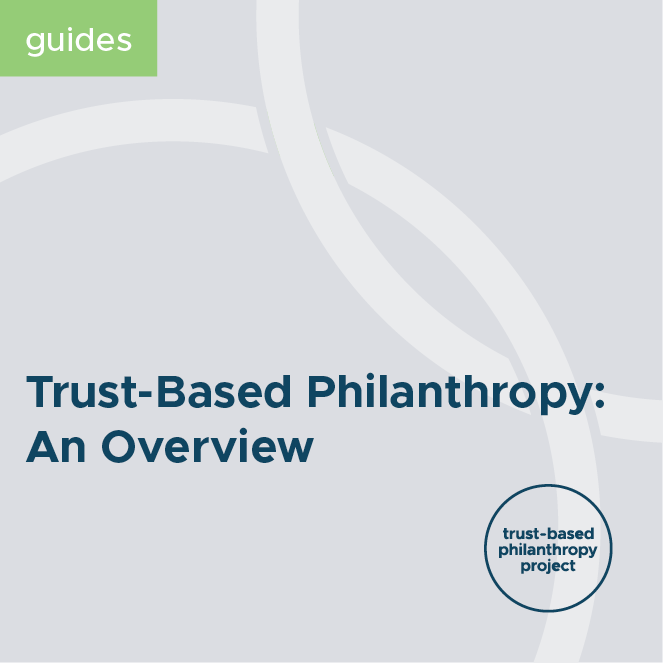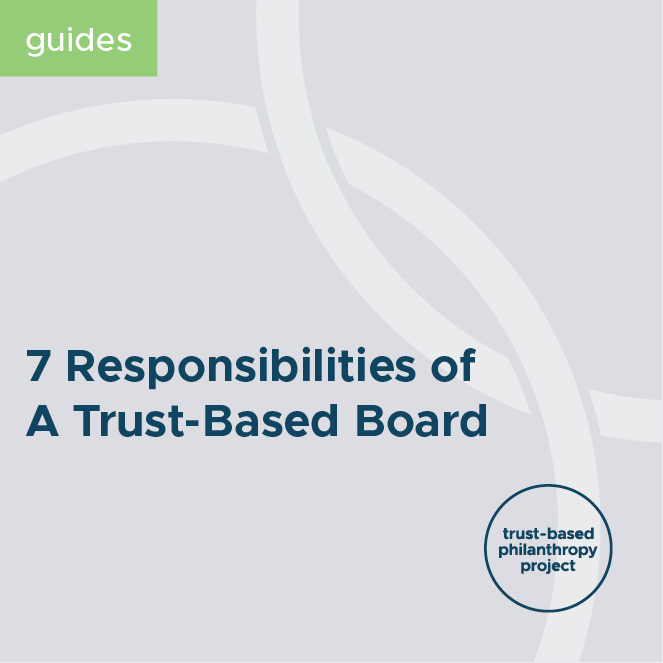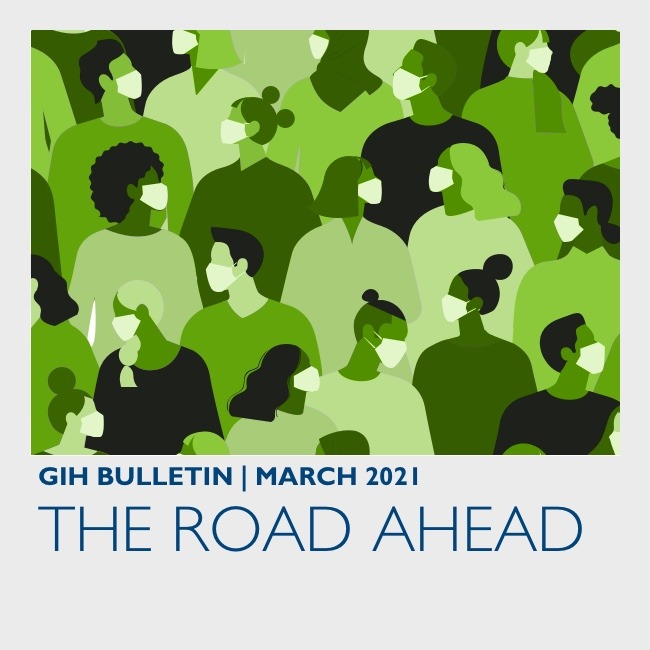The Trust Toolkit: Spitfire’s Toolkit for Civil Society Organizations to Earn and Repair Trust
Spitfire designed this trust toolkit for civil society organizations to create a comprehensive trust-building plan.
Activating the Potential of Residents to Lead Community Transformation, Collaboratively
In 2019, the Virginia-based Danville Regional Foundation (DRF) set a new strategic vision—to help more people believe in the transformation of the region and embrace their role in achieving it. A region formerly dominated by tobacco and textiles, the Dan River Region has made great strides toward reinvention. DRF recognized that increasing collaboration and building the civic capacity of the region would be critical to its economic transformation.
bi3 Article: Trust-Based Philanthropy is Grounded in Mutual Accountability and Learning
A new article shows how applying a trust-based philanthropy lens helps funders capture the full impact of grants, describes how bi3 evaluates initiatives, and how building funder-grantee relationships grounded in power-sharing, transparency, and mutual accountability helps achieve greater impact.
Building a Better Bridge Between Funders and Communities
We are experiencing a watershed moment for philanthropy-funded social change efforts in the United States. The partnerships, knowledge, and resources that funders leverage have never been more important in contributing to the conditions that communities need for everyone to thrive, without exceptions. With such a rapid pace of change happening all around us, how can funders make the most of their role in supporting and advancing large-scale, transformative impact? The answer is to look forward with the benefit of hindsight and with partners who understand where and how to take those next steps.
The Power of Partnerships in Improving Health Care Access and Outcomes
Partnerships are essential to improving health care access, and outcomes, and forming partnerships require listening, learning, transparency, and flexibility.
Resolutions for a Revolution in Philanthropy
Heading into the new year, we are now asking one another, “What risks did our foundations take during these past two years that we may want to continue? What has philanthropy done differently over the last two years that perhaps has made our sector more effective, inclusive, and responsive? We highlight three ways our foundations changed for the better during the pandemic, strategies funders are using to support building or shifting power to nonprofit partners.
Trust-Based Philanthropy: An Overview
This guide, created by Trust-Based Philanthropy Project, is a useful starting point for funders who want to explore or deepen their commitment to trust-based philanthropy. It can also spark deeper discussions at grantmaking organizations around the role of leadership and staff in upholding a trust-based culture.
Trust-Based Philanthropy Project: 7 Responsibilities of A Trust-Based Board
Much like how trust-based philanthropy advocates for funders to partner in a spirit of service to grantee partners, it equally encourages boards to see their role as partners — both to the foundation’s leadership and to its staff. This can be embodied in several ways that invite a more trust-based, meaningful, and joyful approach to serving on a foundation board.
The Moment to Transform Health Philanthropy Is Here
Moving towards sustained and authentic relationship-building with community partners requires that we examine and shift away from practices, policies, and behaviors that prioritize the transactional components of grantmaking. To do this, we must acknowledge and confront power where it lies within our foundations and work at all levels of the organization to truly make this shift.
The Road Ahead
The road ahead will require continued action and collaboration on complex and challenging issues—and we must apply the lessons of the past year to maximize our chances of building a more just and equitable future.

